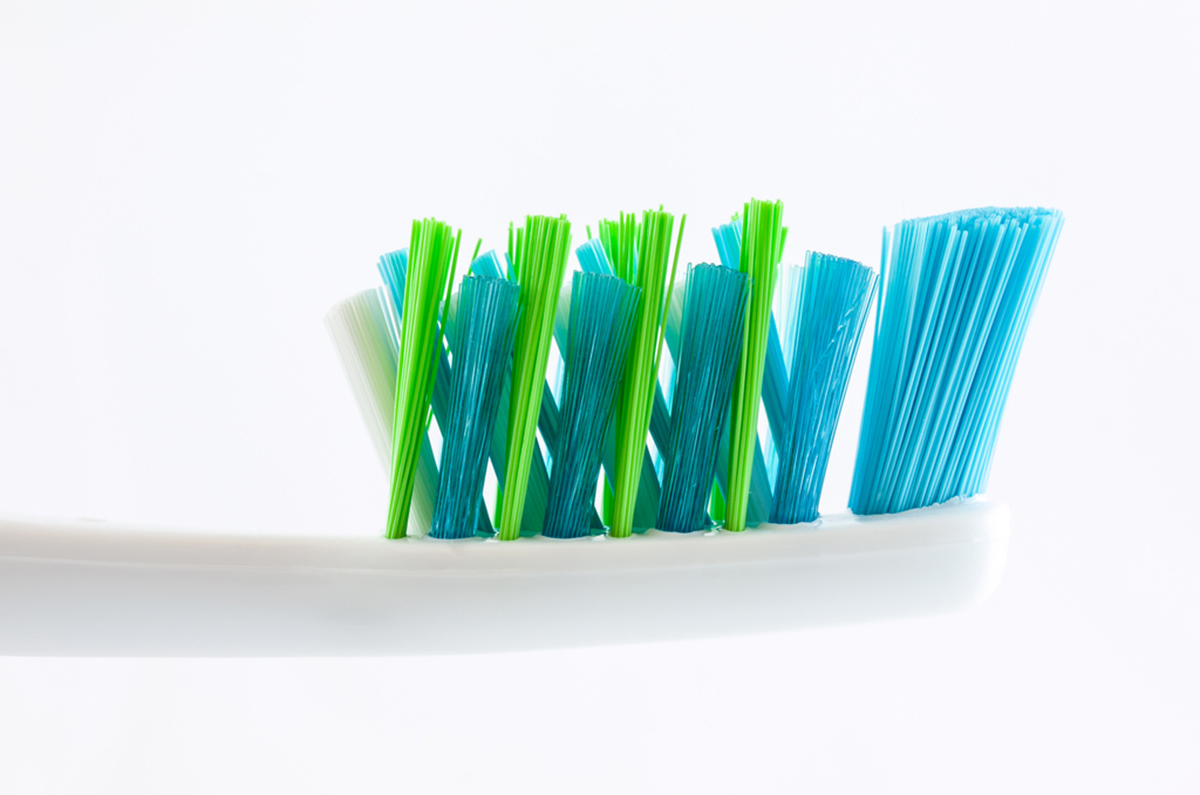Table of Contents
Dental Care During Cancer Treatment
The aim of providing dental care during the phase of cancer treatment is aimed at making the patient as comfortable as possible. If all the pre-therapy protocols have been followed correctly then there would not be any active sources of infection in the mouth needing treatment.

The patients are advised to brush very gently using a super soft tooth brush or a sponge applicator so as not to cause any damage to the gums. Since platelet counts can fall to alarmingly low levels, even small cuts and nicks can bleed without clotting for a long time. Patients are asked to avoid using floss as it damages the inter-dental gingiva. The toothpaste itself is different for cancer patients. They have a very high level of fluoride content to prevent dental caries.
One of the anatomic structures most commonly affected during head and neck radiation are the salivary glands. These glands are responsible for producing saliva which has many protective functions for the teeth and the oral mucosa. A decrease in saliva production and even a complete cessation can be seen following radiotherapy thus making cancer patients extremely prone to develop dental caries.
Any and all prosthetic appliances must only be worn to facilitate function. Dentures should be worn only to help eat and not for esthetic purposes. It is likely that your doctor will prescribe you multiple medicated mouthwashes to help fight bacterial and fungal infections. These are opportunistic infections that thrive as soon as the immune system of the body becomes compromised. One thing to remember is that these mouthwashes often have active ingredients that are counteract each other and so should be used at a slight gap from each other.
Avoid anything spicy as it will burn and cause a severe stinging sensation. The use of a local anesthetic before food is advisable. Topical gel preparations of xylocaine are commonly prescribed for this purpose although there are many others available as well.
Dental Care Once Cancer Treatment Is Complete
There will be some amount of permanent damage that will have taken place to the cells of the salivary gland as well as those of the oral mucosa. It is absolutely imperative that you keep a very high level of oral hygiene and visit your dentist every three months for a reevaluation. Disease occurrence and disease progression will be accelerated in such cases and thus it is necessary to catch the problem as soon as possible. The use of fluoridated toothpastes, medicated mouthwashes as well as treatment for dry mouth will continue even after cancer treatment is complete.
See Also: Why Your Cancer Specialist (in the USA) May Be Forced Out of Business
Conclusion
Oral care for the cancer patient is rigorous and demanding, however it is necessary to help improve the quality of life for the patient. Newer techniques, better targeting and use of increasingly effective shields is making the associated morbidity to the normal structures lesser, however there is still a long way to go in that regard.
- Photo courtesy of Jennifrog via Flickr: www.flickr.com/photos/jennifrog/2865257154
- Photo courtesy of wwarby via Flickr: www.flickr.com/photos/wwarby/11693522135
- 1. http://www.nidcr.nih.gov/OralHealth/Topics/CancerTreatment/
- 2. http://www.colgate.com/en/us/oc/oral-health/conditions/cancer/article/oral-care-for-cancer-patients


Your thoughts on this